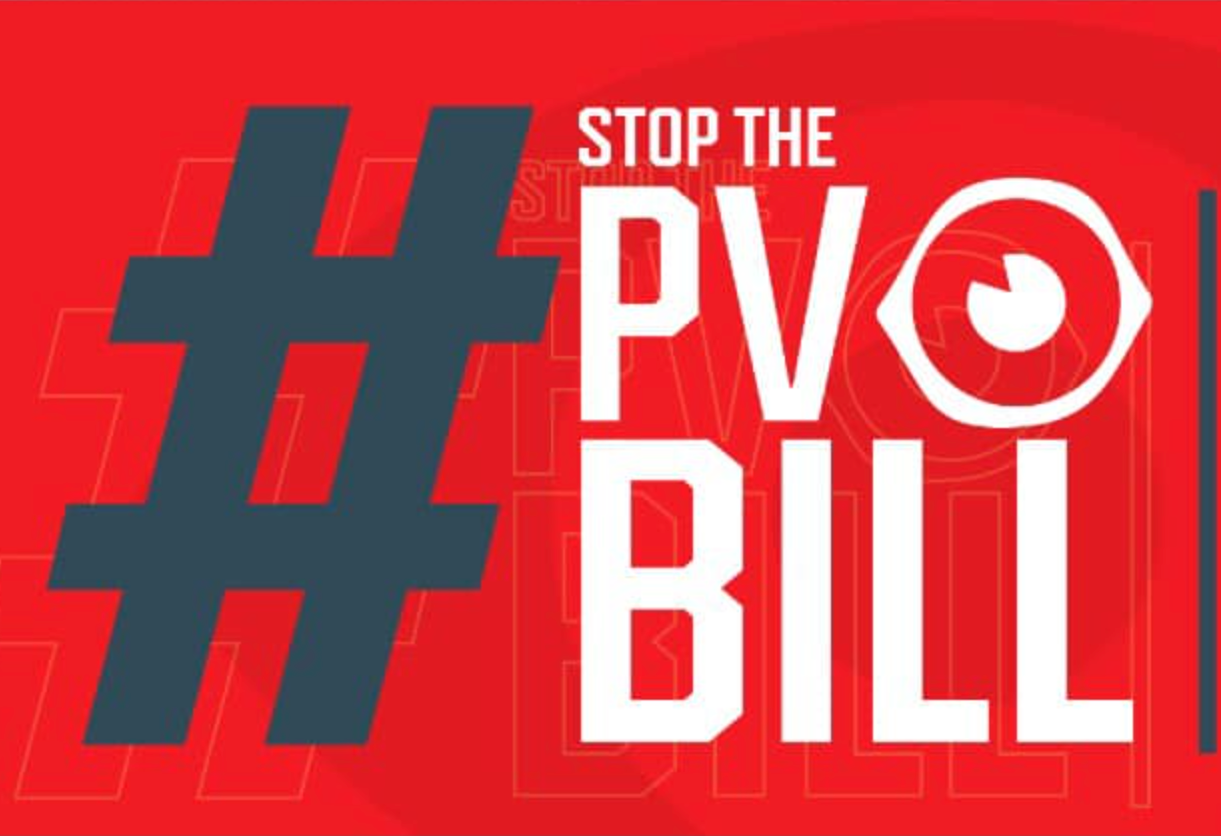Human rights defenders in Zimbabwe have called on the government to withdraw the Private Voluntary Organisations (PVO) Amendment Bill from the scheduled parliamentary processes with immediate effect.
The call comes at Civil Society Organisations (CSOs) commemorated World NGO Day, Sunday, where various organisations amplified their calls for the Bill to be abolished.
Parliament began public hearings on the Bill across the country this Monday.
Zimbabwe Lawyers for Human Rights (ZLHR) noted the PVO Amendment Bill in its current form will restrict and shut down the operations of several humanitarian, charitable organisations which are operating lawfully as Trusts and Associations.
“As we commemorate World NGO Day, other governments are and people are honouring NGOs. In Zimbabwe, although NGOs are at the forefront of fighting for respect, promotion and protection of human rights, authorities are railroading the enactment of the PVO Amendment Bill, which has been roundly condemned as it has the effect of restricting the democratic and civil society space in the country,” ZLHR noted.
“A day after the World NGO Day, Parliament will commence holding public hearings to solicit input from the public about the PVO Bill which was gazetted in November 2021 under the guise of complying with the international standards from the Financial Task Force on anti-money laundering and counter-terrorism.”
ZLHR reiterated they are strongly concerned that the PVO Bill will result in the undue targeting of not-for-profit organisations that are also known as PVOs, NGOs or CSOs and actors.
They said the government must appreciate and recognise the essential role that NGOs play in supporting and giving a voice to vulnerable communities including their essential contribution to building peaceful, just and inclusive societies.
“The government must cease all actions that serve to restrict the operational space and work of non-governmental organisations. It must promote a safe and enabling environment, both online and offline, in which civil society can operate free from interference and insecurity. NGOs must be recognised as valuable and efficient implementers of the humanitarian aid and development work owing to their closeness and commitment to communities.”
Zimbabwe Human Rights (ZimRights) raised similar concerns that this year’s celebrations come at a time when non-profits are facing significant threats which include repressive laws from repressive governments, shrinking civic space for CSO work, lack of funding, restrictive funding models and other challenges from the coronavirus (COVID-19) pandemic.
“Through the PVO Bill, the government seeks to impose heavy registration requirements, increase state oversight over NGOs which will give the government power to control or shutdown the operations of NGOs that may be deemed critical of the government’s human rights record, and punish those deemed to be involved in political activity. Outside legislation, a propaganda campaign against the work of NGOs has generated a lot of hate and hostility against NGOs leading to threats, persecution and malicious prosecution against NGOs,”said ZimRights
ZimRights urged the government to stop the PVO Bill which threatens to interfere with the good work of NGOs in Zimbabwe.
“May the government initiate dialogue with all non-state actors with the aim of strengthening partnership with NGOs for economic development. It must stop the propaganda war against NGOs, as this is fueling hate against NGOs and embrace critical voices in the NGO sector as these are necessary for transparent and good governance.”

